Today, November 25, as we commemorate the International Day for the Elimination of Violence against Women, we the International Young Christian Workers raise our voices to denounce the widespread violence and discrimination that young women workers experience every day at work and in the society. One of them is Mary, 28 years old, from Nicaragua.
“I am working in a free trade zone for Hansae Nicaragua SA, a garment factory. I have worked there for one year as a machine operator.
In our country, gender-based violence is a problem we face every single day at home, in the way they educate us to assume household tasks because we are women, e.g. cooking, washing, housecleaning, taking care of kids… When I leave my home and go to work, I am faced with sexual harassment in the street every day. The society downplays this practice as something harmless, but in my opinion, it is also gender violence and I really feel harassed as I walk among the people.
Sometimes at my workplace, I also experience psychological abuse. They use abusive words, they yell, they insult us mostly because we are women. Somehow, we keep silent, we do not demand respect because we want to preserve our job. The violence we experience is both horizontal and vertical: horizontal as the male operators who do the same work are violent and harass us; vertical when this comes from a manager as an exercise of their power and machismo over us, giving us more workload for the same salary, seeing us as commodities, as objects.
Through my involvement in the Nicaragua YCW, as a woman I want to be trained, I want to get organized with other young women who experience the same reality to fight for our dignity as women and for respect towards women.”
The young women worker’s testimony above clearly shows that cases of violence against women are no isolated cases of some criminals. They are a consequence of and the worst form of gender discrimination. They cannot be separated from all the other consequences of gender discrimination we see daily, such as the differences in education, in the households, in the streets and in bars. Nor can they be separated from gender discrimination at the workplace, from different job opportunities for boys and girls, from the idea that a woman should not work, from the idea of female employees being potential mothers and thus less interesting for the next step in the career, or from different salaries for men and women.
Today, the international day against violence, we focus our attention on a very hard form of gender discrimination: violence. It is estimated that 35 per cent of women worldwide have experienced physical and/or sexual intimate partner violence or sexual violence by a non-partner at some point in their lives.[1] The hardest form is probably feminicide: the killing of women because they are women! In Latin America, this is one of the main reasons why women die between 15 and 65 years of age.[2] About 21% of young girls won’t see their 6th birthday in India. But the problem of violence is worldwide. Women are systematically discriminated, harassed, exploited and abused mentally, physically and sexually at work and in the society.
Of course, all this contradicts human dignity. Again, it shows that young workers are living in a world of inequality and injustice. Equality among human beings regardless of gender, race, nation or color must be promoted and protected!
Gender-based discrimination and harassment at work is a human rights violation. Violence against women is a human rights violation. Young women and men must be freed from all sexual, mental and physical harassment.
Stop gender discrimination now! Stop gender-based violence! Stop the killings!
Once and for all, we demand this violence to end and we want to take action today. The consolidated effort of young workers around the world together with other unions, movements and organizations must put an end to the violence against women. Young women and men must be freed from all sexual, mental and physical harassment, from all forms of violence, whether at home, at their workplace, or anywhere in the world.
[1] http://www.unwomen.org/en/what-we-do/ending-violence-against-women/facts-and-figures
[2] Van Keirsblick, Felipe: Ni une de plus, ni une de moins!

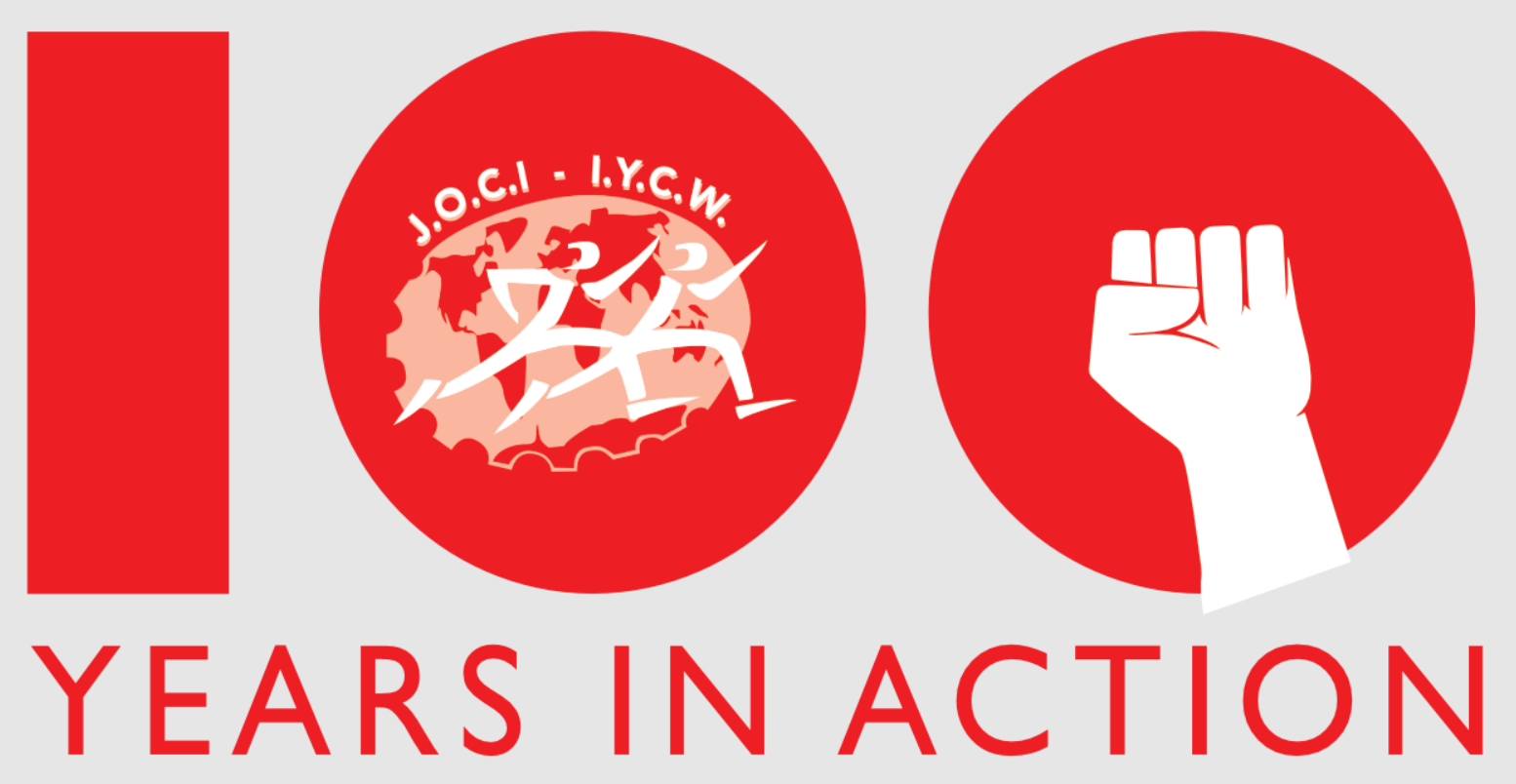
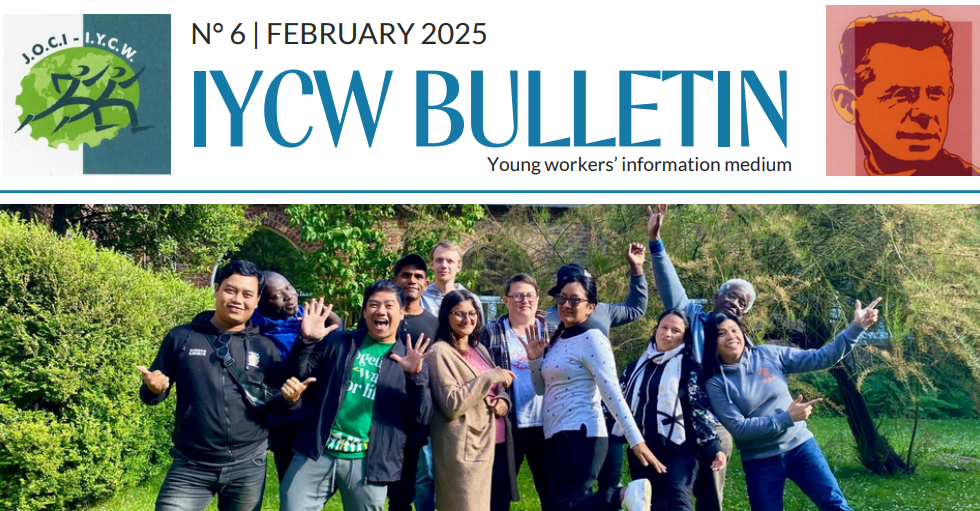

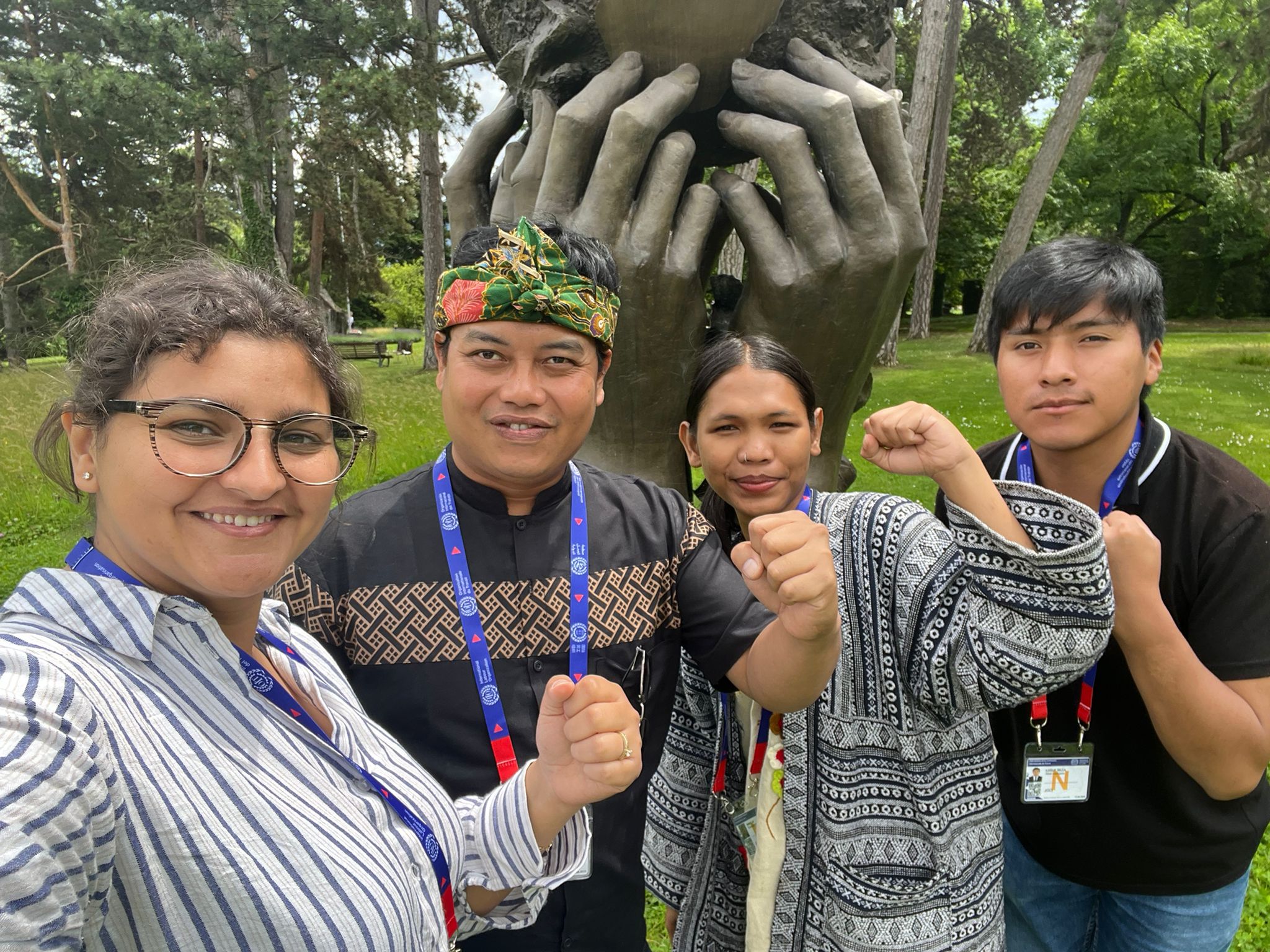
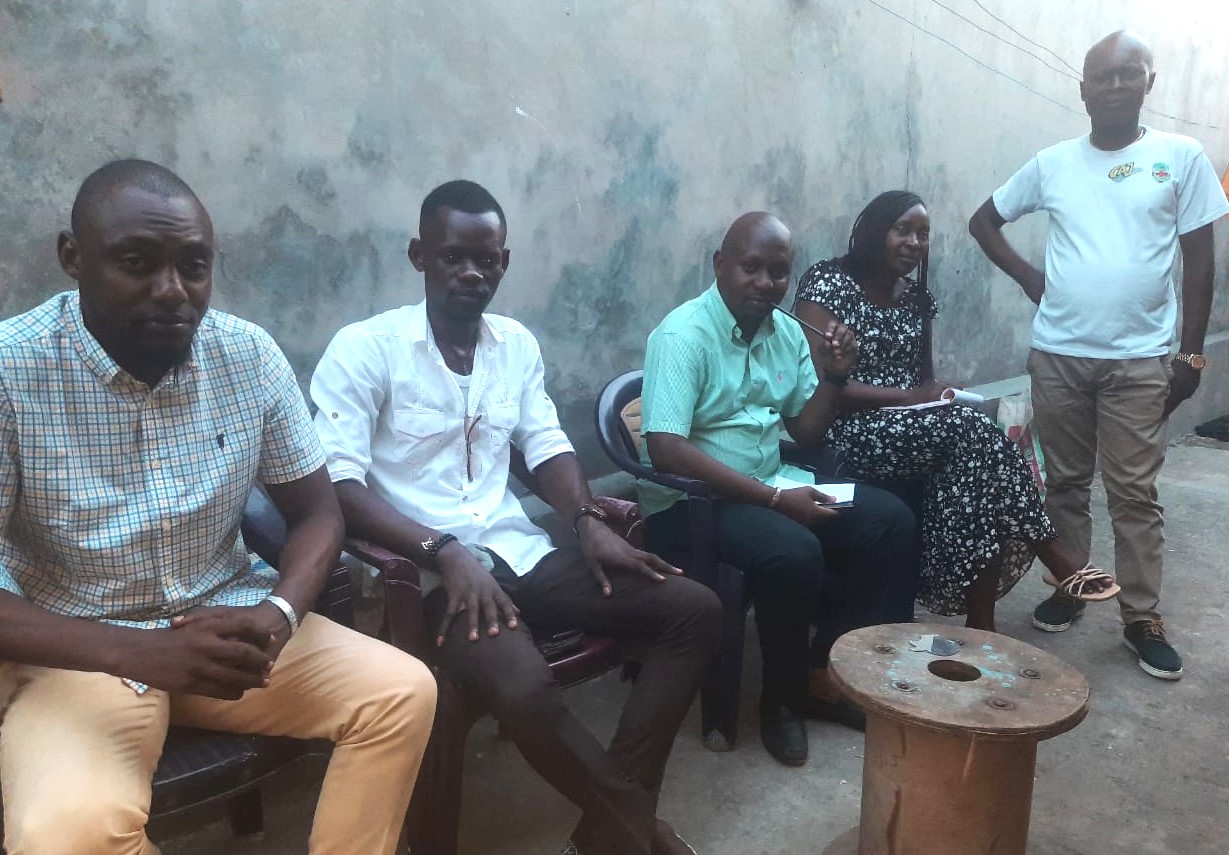

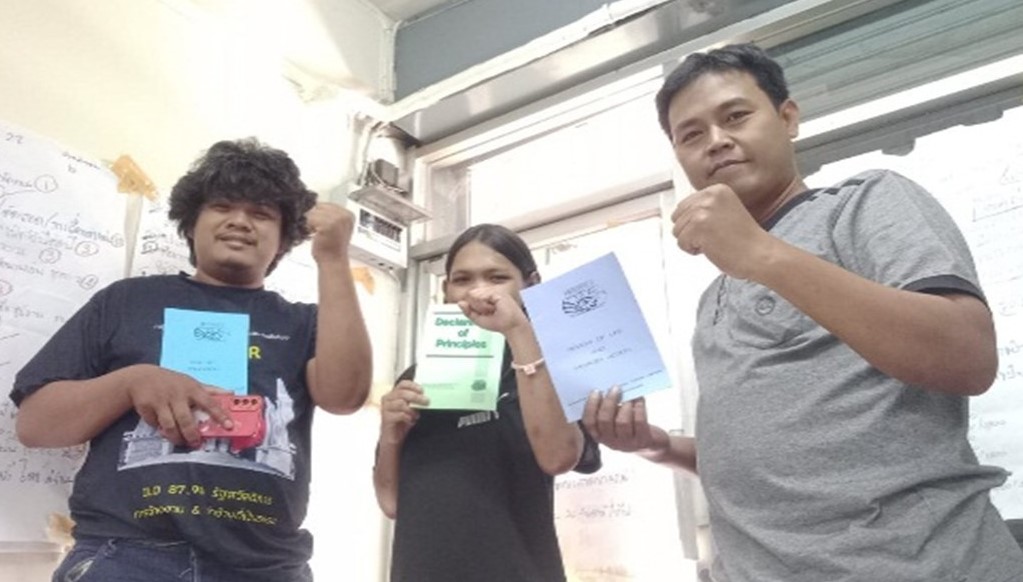
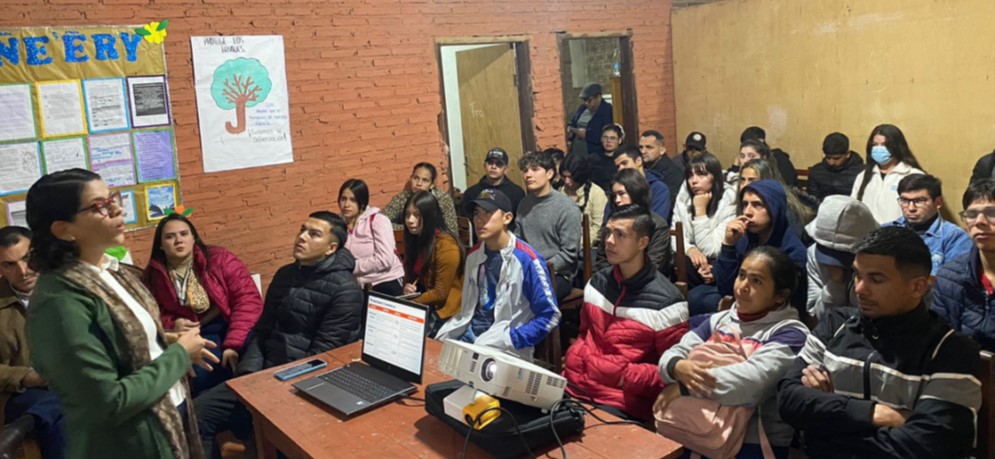
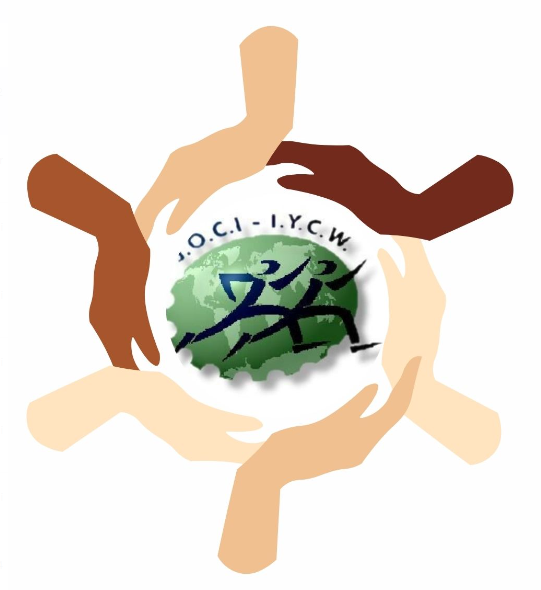

 English
English  Español
Español  Français
Français